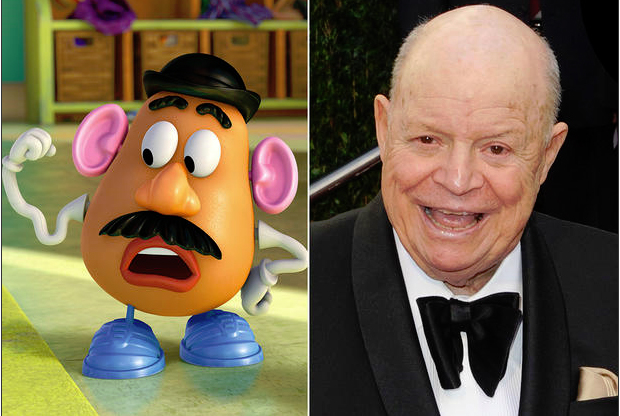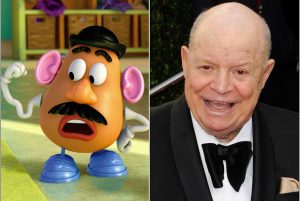Christian Films Have to Work as Films as Well as Faith
Posted on April 8, 2017 at 10:57 am
Mark Joseph writes in Relevant Magazine about the problem with self-categorized “faith-based” films. His films include “Max Rose” with Jerry Lewis and the touching “The Vessel.” Both films explore spiritual topics of meaning and intimacy without being explicitly Christian.
The answer to the same problem happening in film is not for filmmakers who have a deep faith to stop telling stories that reflect that faith or to water down the religious content of those stories but instead to strive to tell their stories in a manner that can be understood and followed even by those who don’t share their faith.
They must also resist the efforts of both their enemies in the mainstream and their “friends” who would effectively silence them in terms of having any meaningful impact on the mainstream entertainment culture and are even now attempting to create a Contemporary Christian film industry that will have as much impact as Christian rockers had on the mainstream music world in the ‘60s, ’70s and ’80s, which was almost none
“Secular filmmakers” have never accepted a cultural paradigm that would label their films “secular films” and those of us who loved Seinfeld can only be grateful that its creators didn’t accept the label “Jewish TV Show” and allow it to be broadcast exclusively on a “Jewish television network,” effectively cutting off access for non-Jewish American. In the same way, those who are animated by their Christian faith to make movies must say no to the faith-based marketers, reject attempts to hyphenate them and their work, reject efforts to show their movies in churches on a first-run basis, and only work with those film companies that will treat them as filmmakers who deserve to be given the chance to reach the widest audience possible with their work.




